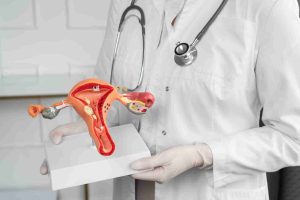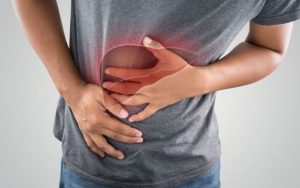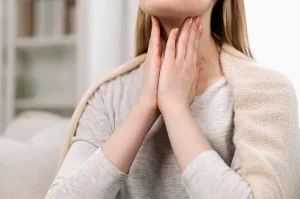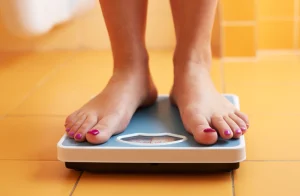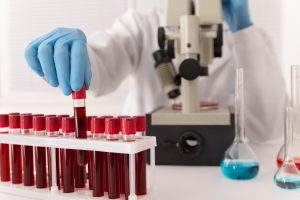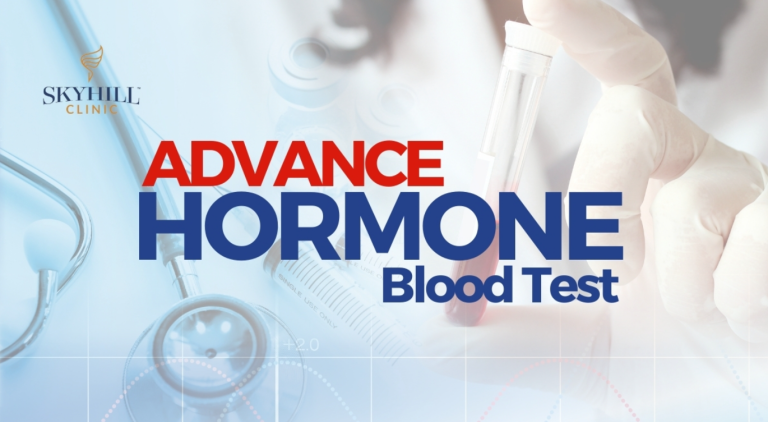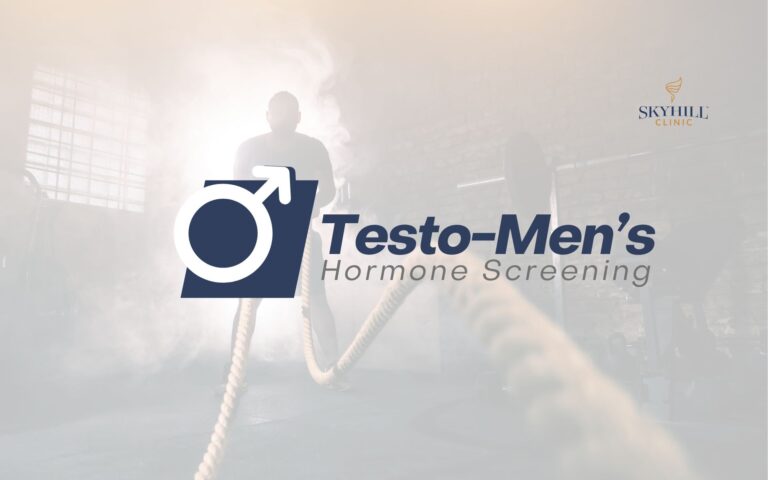Testosterone isn’t just about building muscle or boosting libido, it’s a vital hormone that impacts nearly every part of a man’s health. From energy levels to mood and even bone strength, testosterone plays a massive role. But what happens when those levels dip too low? Recognizing the symptoms of low testosterone in men early can be the key to preventing more serious health issues.
What is Testosterone?
Testosterone is a hormone produced mainly in the testicles, and it’s responsible for developing male characteristics like a deeper voice, muscle growth, and facial hair. Beyond that, it regulates sex drive, mood, and red blood cell production. Testosterone levels naturally peak in early adulthood and start declining after age 30, about 1% per year.
Causes of Low Testosterone
Low testosterone (hypogonadism) can happen for many reasons. Aging is the most common cause, but other factors include obesity, chronic illness, injuries to the testicles, certain medications, and even high stress levels.
Key Symptoms of Low Testosterone
Low testosterone doesn’t show up in just one way, it affects your body, mind, and emotions. Let’s break it down so you can recognize the warning signs.
Physical Symptoms
One of the first noticeable changes is loss of muscle mass. Even if you exercise regularly, building muscle may feel harder. You might also notice more body fat, especially around the belly, and a drop in strength or endurance.
Sexual Symptoms
Low testosterone often shows up in the bedroom first. Symptoms include:
- Reduced sex drive
- Erectile dysfunction (difficulty achieving or maintaining an erection)
- Lower semen volume
Emotional and Mental Symptoms
Hormones affect mood and testosterone is no exception. Low levels can lead to:
- Mood swings or irritability
- Anxiety or depression
- Difficulty concentrating (sometimes called “brain fog”)
Sleep-Related Symptoms
Many men with low testosterone experience sleep problems, such as insomnia or poor sleep quality. Even with enough sleep, you might still feel tired throughout the day.
READ MORE : How Hormones Shape Your Sleep Cycle and Energy Levels
Changes in Appearance
Another red flag is physical appearance changes:
- Thinning body or facial hair
- Enlarged breast tissue (gynecomastia)
- Pale or dry skin
Fertility Concerns
Testosterone is critical for sperm production. Low levels can lead to reduced sperm count, making conception more difficult.
Impact on Bone Health
Low testosterone can weaken bones, leading to osteoporosis or fractures. This is often overlooked until an injury occurs.
Metabolic Effects
Slower metabolism due to low testosterone can lead to stubborn weight gain, especially around the midsection. This can create a cycle where extra fat further lowers testosterone.
Long-Term Health Risks
If untreated, low testosterone in men may increase the risk of heart disease, type 2 diabetes, and metabolic syndrome.
Diagnosis
If you suspect low testosterone, a doctor will likely order a blood test, typically done in the morning when levels are highest. Additional tests may be needed to find the root cause.

Treatment Options
Depending on severity, treatment can include:
- Lifestyle changes: weight loss, better sleep, and strength training
- Testosterone replacement therapy (TRT): available as gels, injections, or patches
- Medication adjustments: if drugs are affecting hormone levels
Always discuss risks and benefits with a healthcare professional.
Prevention and Healthy Habits
You can support healthy testosterone levels by:
- Exercising regularly: focus on resistance training
- Eating a balanced diet: with enough protein, healthy fats, and micronutrients
- Managing stress: high cortisol can lower testosterone
- Getting quality sleep: aim for 7–8 hours nightly
Conclusion
Low testosterone is more common than many realize, but it doesn’t have to control your life. By recognizing symptoms early, getting tested, and making healthy changes, you can restore balance and feel like yourself again.
Source : https://my.clevelandclinic.org/health/diseases/15603-low-testosterone-male-hypogonadism


